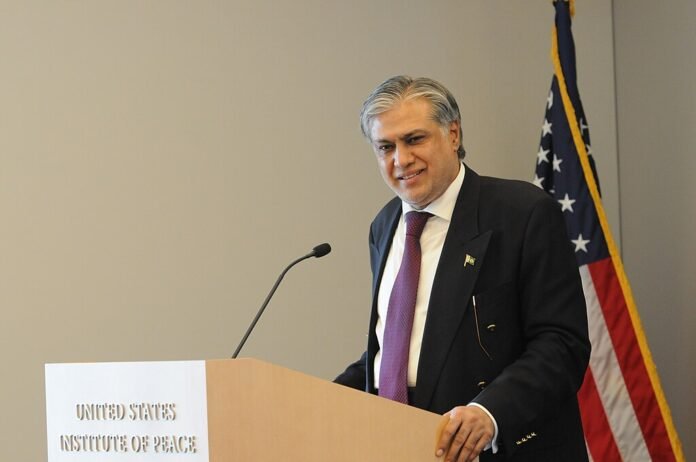Pakistan’s Deputy Prime Minister Ishaq Dar will brief China on heightened India tensions after the deadly Pahalgam attack.
Pakistan’s Deputy Prime Minister Ishaq Dar is scheduled to embark on an official visit to China on Monday, May 19, to discuss the escalating tensions with neighbouring India. According to reports from Samaa TV citing sources, Dar will meet with senior Chinese officials to provide a detailed briefing on the recent developments along the India-Pakistan border.
The visit comes at a time of heightened conflict between the two nuclear-armed neighbours, following the brutal Pahalgam terror attack in Jammu and Kashmir on April 22, when terrorists killed 26 civilians. This atrocity provoked a swift military response from India, launching Operation Sindoor on May 7. During this operation, Indian forces targeted nine terrorist-linked sites across Pakistan and Pakistan-occupied Jammu and Kashmir, aiming to dismantle infrastructure used to plan and execute attacks against India.
Pakistani officials have emphasised that no military facilities in Pakistan were hit during the strikes, with India demonstrating “considerable restraint” in its choice of targets and methods. Nevertheless, the military action has exacerbated tensions and raised global concerns over the risk of a wider conflict. The situation prompted U.S. President Donald Trump to intervene diplomatically, leading to a ceasefire agreement between India and Pakistan—an accord described by the Indian Army as having “no expiry date.”
Embed from Getty ImagesDar’s delegation will include senior figures from the Ministry of Foreign Affairs and other key departments. Their discussions with Chinese counterparts will focus on bilateral and regional issues, prioritising efforts to address the ongoing India-Pakistan strife. China, as a close ally of Pakistan and a major regional power, is expected to play a crucial role in mediating or supporting Pakistan’s diplomatic position amid the crisis.
This official trip highlights the fragile state of relations in South Asia, where historic disputes over Kashmir and frequent cross-border violence have fuelled decades of hostility. The Pahalgam attack and subsequent Indian retaliation mark the latest chapter in this enduring conflict, with both sides wary of escalation but also determined to project strength.
As Pakistan’s Deputy Prime Minister seeks to rally international support, the world watches anxiously, hoping to avoid a full-scale war between two nuclear powers. The outcome of Dar’s visit to Beijing could have significant implications for regional stability and the future of South Asia’s geopolitical landscape.
